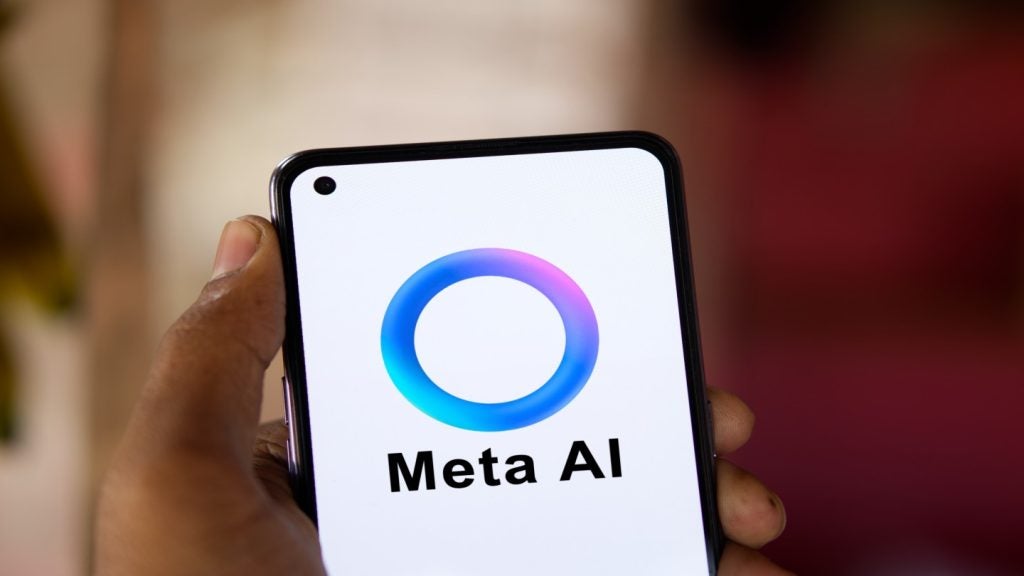
Meta announced on Wednesday (6 December) that all personal calls and chats on Facebook and Messenger will be subject to end-to-end encryption (E2EE) by default.
Encrypted messaging, where the content of the message is only accessible to the sender and recipient, is currently offered by messaging services WhatsApp, iMessage and Signal.
In a blog post, Loredana Crisan, vice-president of Messenger, said: “Nobody, including Meta, can see what’s sent or said, unless you choose to report a message to us.”
The implementation of encryption across Facebook and Messenger will be a gradual process, with an unspecified timeline mentioned, according to the blog post.
While Messenger users have had the option to opt-in for end-to-end encryption since 2016, the default encryption for all personal calls and messages represents a substantial change.
Meta CEO Mark Zuckerberg celebrated the achievement in a Facebook post on Wednesday.
“After years of work rebuilding Messenger, we’ve updated the app with default end-to-end encryption for all personal calls and messages,” Zuckerberg said.
In 2019, Zuckerberg committed to implementing encryption technology across all private communications within the company’s suite of apps, emphasising a shift towards private, secure digital interactions.
This announcement by Meta is expected to contribute to the ongoing discourse on privacy and law enforcement’s investigative capabilities.
How well do you really know your competitors?
Access the most comprehensive Company Profiles on the market, powered by GlobalData. Save hours of research. Gain competitive edge.

Thank you!
Your download email will arrive shortly
Not ready to buy yet? Download a free sample
We are confident about the unique quality of our Company Profiles. However, we want you to make the most beneficial decision for your business, so we offer a free sample that you can download by submitting the below form
By GlobalDataWhatsApp and Signal recently took a stand against potential legislative moves in the UK that could weaken encryption – claiming they would rather be blocked than have encryption weakened.
The Online Safety Bill (OSB), a new UK law aimed at ensuring social media companies are held responsible for user safety, was passed in September after almost six years.
The new law means social media companies will need to work harder to protect children from inappropriate content, as well as removing all illegal content.
WhatsApp, which specialises in encrypted messaging, threatened to refuse to comply with guidelines that would force it to examine the contents of messages for child abuse material.
In June, more than 80 national and international civil society organisations, academics and cyber experts signed an open letter over the “serious threat to private and encrypted messaging” posed by the OSB.






